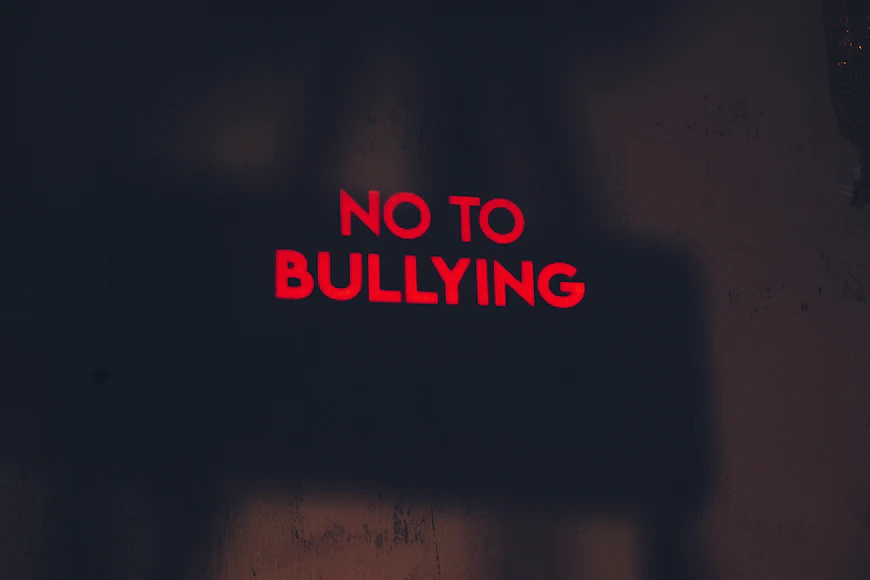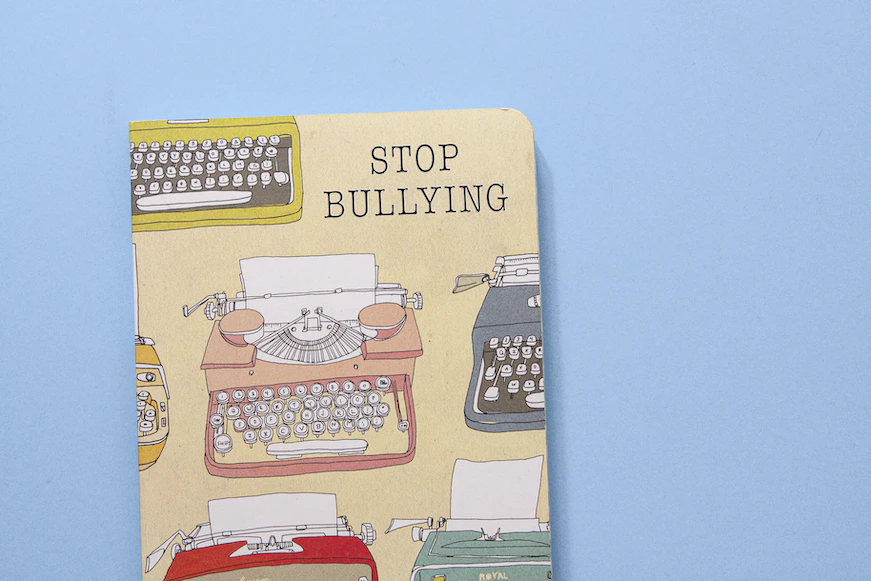"Accepting that your child may be facing challenges and actively seeking solutions is a brave and important step towards creating a better future for them."

Imagine this scenario: Your child’s teacher gives you a call and tells you that your child has been bullying others. Or maybe other parents have approached you, complaining about your child’s behaviour. It can be difficult to accept, but there are moments when you must take a step back and admit that your child may be struggling with some problems. It’s difficult and many parents might try to downplay it or believe that people are just being cruel. It takes real courage and openness to acknowledge that your child needs help. Before you decide how to move forward, it helps to understand what might be causing your child’s behaviour.
So let’s dive into this article and explore some strategies and advice for parents who find themselves in this situation. It may be time to face the issue and work together with your child to create a positive change.
Recognising the Problem: Admitting the Child’s Bullying Behaviour

It’s normal for parents to feel protective of their children and find it difficult to accept the possibility that they might be bullying other kids. To help kids develop and undergo positive change, it is essential to face reality and address the issue. To admit that your child has a problem requires strength and an open mind.
It’s important to realise that by acknowledging the problem, parents are not judging their child to be a “bad” person. Instead, parents are admitting that their child’s actions need to be changed because they are damaging to others. Denying the problem won’t help parents find the best solutions for all the parties involved.
Parents could begin by identifying the factors that have led to bullying in the first place. Bullying behaviour in children can be attributed to a variety of reasons, for example watching media content, such as TV shows, youtube channels or movies which depict violence. Children’s media consumption can affect how they perceive what is appropriate behaviour. They might watch confrontational or rude exchanges that are presented as commonplace or even humorous. These depictions may have an impact on their attitudes and behaviour toward others, and may include bullying. Parents should supervise and limit their children’s media use. They can build a critical knowledge of the media their kids consume by having open discussions about the material they see and the potential effects of certain behaviours seen on screen.
The home environment must also be examined carefully to determine if the child is being bullied by an adult or family member. Children who experience bullying at home may internalise this behaviour as a coping mechanism or a way to feel in control. While this doesn’t excuse their actions, it serves as a reminder that they need a secure and supportive environment.
Having a deep, honest conversation with your child about their emotions will help as well. When children are feeling unhappy, angry, lonely, or insecure, they frequently participate in bullying behaviour. Significant changes in the environment at home or at school can also cause these feelings to surface.
The Importance of Taking Bullying Seriously

Bullying should not be dismissed as a passing phase. Children who display aggressive behaviour may end up with long-term effects on their psyche. Bullies risk having serious issues later in life if they carry on acting in this way into maturity. It’s important to keep in mind, too, that bullying can have a long-term impact on the victim as well.
When it comes to guiding and teaching children appropriate behaviour, talk openly and honestly with your children. Firstly, ask them why they have engaged in bullying behaviour. Discuss the need for empathy and ask them how they would feel if they were in their victim’s shoes. Inform them that their hostile behaviour has been reported to the school or other parents, and explain why this is a serious consequence. Insist on how much you care for them while making it obvious that they need to behave differently. Go on to explain that you agree with the school’s punishment and that you do not condone bullying.
The positive discipline method is also a powerful substitute for punitive ones. It’s crucial to provide instruction and employ proactive measures that promote respect rather than depending exclusively on punishment. Setting clear boundaries is an essential part of healthy discipline. Your child needs to understand your rules and expectations so that they can behave appropriately and face the appropriate consequences. Children gain a sense of responsibility and an awareness of what is expected of them by being given structure.
Parent-Teacher Collaboration: Working Together to Address Bullying

Set up a meeting with the teacher after having a comprehensive conversation with your child about this issue. Without making assumptions, pay attention to the teacher’s perspective. Discuss with the teacher your willingness to work with the school to resolve your child’s bullying behaviour. It’s crucial to let the teacher know if your child is acting out of character due to any household issues.
Parents may also want to consider getting more counselling if they need to. Counselling may help your child learn new behaviours, take ownership of their actions, develop empathy, and build healthier connections with others. Raising a child who is kinder and more empathetic can be accomplished through the use of cognitive-behavioural therapy, behaviour modification, and other techniques.
The following helpful counselling services are available in Singapore if your child needs counselling. They are not only there to assist children and parents in dealing with abuse and bullying but also to address a range of issues. These may include feeling overwhelmed by home or school, adjusting to life in a foreign country, sibling conflicts, self-injury, LGBTQ+ issues, and anger management.
Remember, stopping bullying behaviour involves persistence and consistency. You may assist your child in growing up to be a kind person who values other people’s rights and well-being by providing them with love, guidance, and a willingness to change. Keep in touch with your child and give them your support as they develop their interpersonal skills and learn to treat others with compassion and empathy.

Leave a Reply